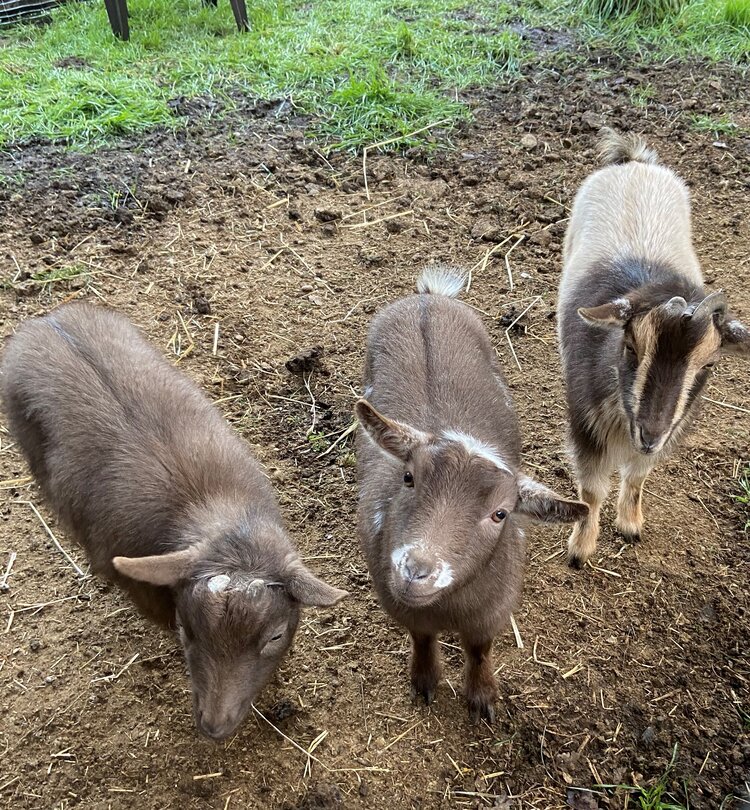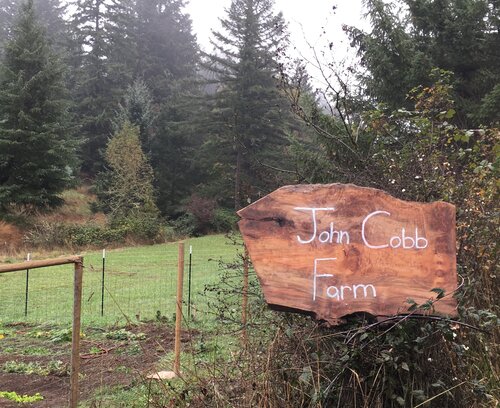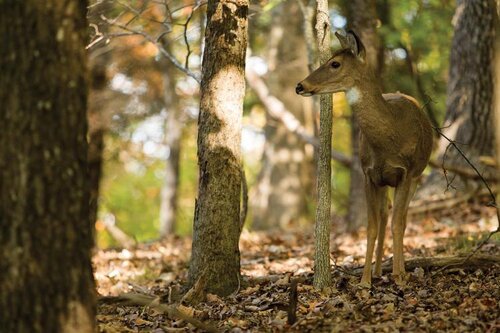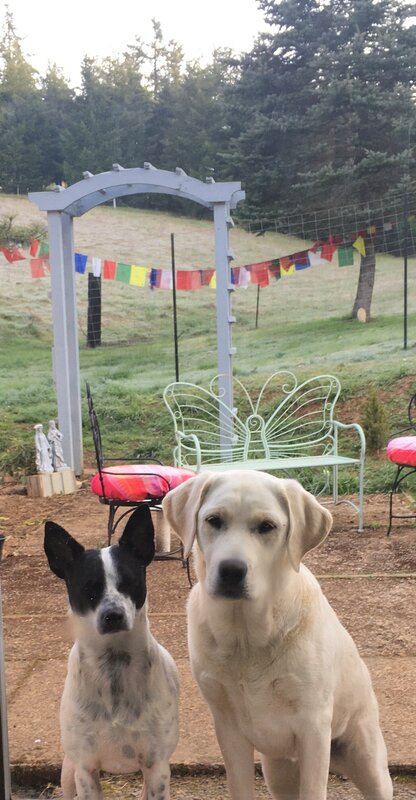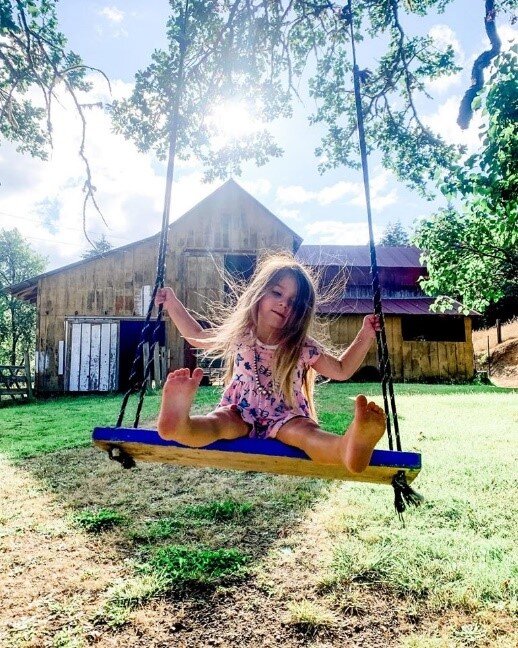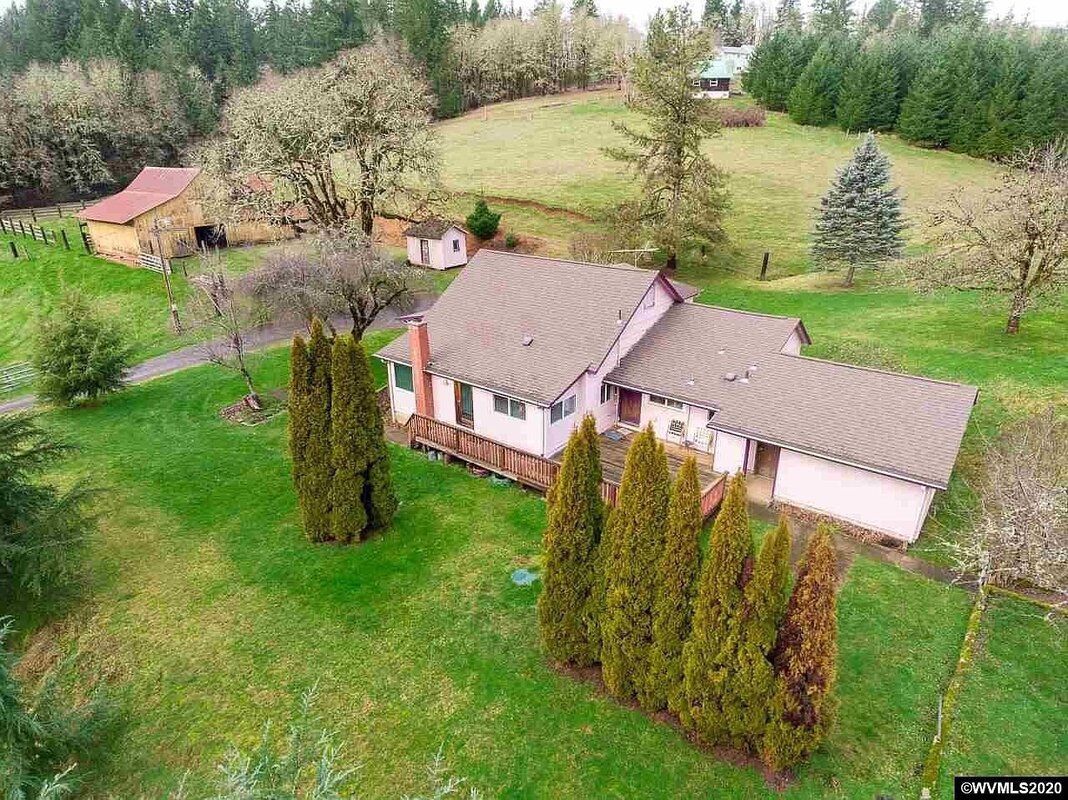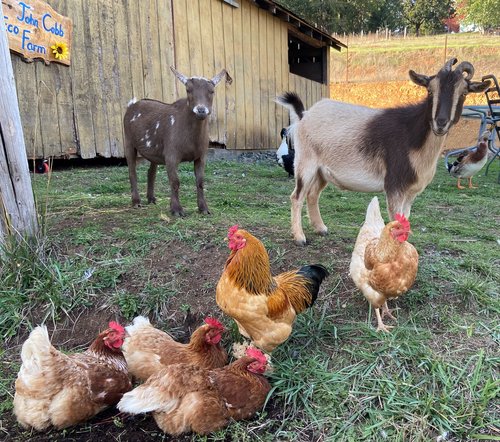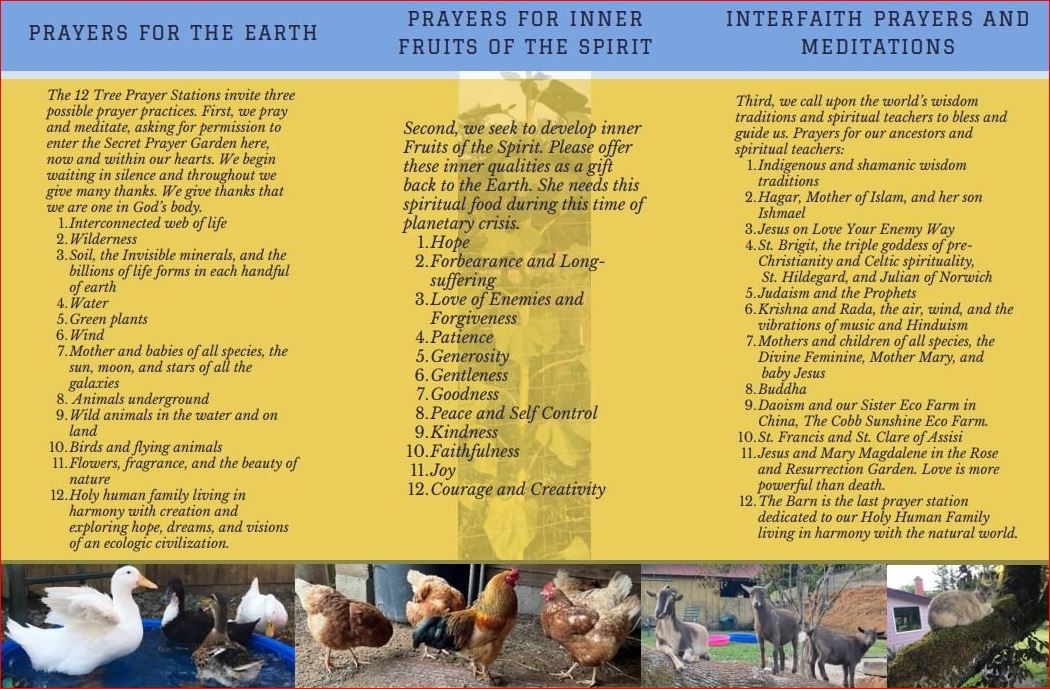- Home
- Process Worldview
- Community
- Art and Music
- Whitehead and Process Thinking
- Podcasts
- Spirituality
- Ecological Civilization
- Education
- Contact
- Social Justice
- Science
- Animals
- Sacred Poems
- Whitehead Videos
- Index of All Titles
- Practicing Process Thought
- Process Spirituality: A Spiritual Alphabet
- Recent Posts
Jane Goodall's Prayer
We pray to the great Spiritual Power in which we live and move and have our being. We pray that we may at all times keep our minds open to new ideas and shun dogma; that we may grow in our understanding of the nature of all living beings and our connectedness with the natural world; that we may become ever more filled with generosity of spirit and true compassion and love for all life; that we may strive to heal the hurts that we have inflicted on nature and control our greed for material things, knowing that our actions are harming our natural world and the future of our children; that we may value each and every human being for who he is, for who she is, reaching to the spirit that is within, knowing the power of each individual to change the world.
We pray for social justice, for the alleviation of the crippling poverty that condemns millions of people around the world to lives of misery - hungry, sick, and utterly without hope. We pray for the children who are starving, who are condemned to homelessness, slave labor, and prostitution,and especially for those forced to fight, to kill and torture even members of their own family.
We pray for the victims of violence and war, for those wounded in body and for those wounded in mind. We pray for the multitudes of refugees, forced from their homes to alien places through war or through the utter destruction of their environment.
We pray for suffering animals everywhere, for an end to the pain caused by scientific experimentation, intensive farming, fur farming, shooting, trapping,training for entertainment, abusive pet owners, and all other forms of exploitation such as overloading and overworking pack animals, bull fighting, badger baiting, dog and cock fighting and so many more.
We pray for an end to cruelty, whether to humans or other animals,for an end to bullying, and torture in all its forms. We pray that we may learn the peace that comes with forgiving and the strength we gain in loving; that we may learn to take nothing for granted in this life; that we may learn to see and understand with our hearts;that we may learn to rejoice in our being.
We pray for these things with humility; We pray because of the hope that is within us, and because of a faith in the ultimate triumph of the human spirit; We pray because of our love for Creation, and because of our trust in God. We pray, above all, for peace throughout the world.
Jane Goodall
We pray for social justice, for the alleviation of the crippling poverty that condemns millions of people around the world to lives of misery - hungry, sick, and utterly without hope. We pray for the children who are starving, who are condemned to homelessness, slave labor, and prostitution,and especially for those forced to fight, to kill and torture even members of their own family.
We pray for the victims of violence and war, for those wounded in body and for those wounded in mind. We pray for the multitudes of refugees, forced from their homes to alien places through war or through the utter destruction of their environment.
We pray for suffering animals everywhere, for an end to the pain caused by scientific experimentation, intensive farming, fur farming, shooting, trapping,training for entertainment, abusive pet owners, and all other forms of exploitation such as overloading and overworking pack animals, bull fighting, badger baiting, dog and cock fighting and so many more.
We pray for an end to cruelty, whether to humans or other animals,for an end to bullying, and torture in all its forms. We pray that we may learn the peace that comes with forgiving and the strength we gain in loving; that we may learn to take nothing for granted in this life; that we may learn to see and understand with our hearts;that we may learn to rejoice in our being.
We pray for these things with humility; We pray because of the hope that is within us, and because of a faith in the ultimate triumph of the human spirit; We pray because of our love for Creation, and because of our trust in God. We pray, above all, for peace throughout the world.
Jane Goodall
Praying with Animals
Jane Goodall, John Cobb, and
the Church for our Common Home
When I read Jane Goodall's Prayer I am inspired by how inclusive it is. It includes people other animals as individuals, and the Earth.
What's more, it is panentheistic. She prays to "the great Spiritual Power in which we live and move and have our being." Such language rings true to people like me: people drawn to open and relational and process ways of thinking about the great Spiritual Power. For us God is not outside nature, broadly understood, but a womb-like presence in whose mind and heart the universe unfolds. God is a nurturing power who love us and who as natural, in God's way, as is gravity in its way.
I am reminded of a prayer by John Cobb offered at a recent Living Earth Crisis Support Group on Dec. 29, 2022.
"Most gracious God, you love all the world and every creature individually. We thank you that you love us, not depending on what we do or think, help us to love one another, including those who we think of as our enemies, bless us in our new adventure, help us to be open to divine guidance, Amen."
One thing I appreciate about John Cobb's prayer is his idea that God loves every creature individually. This includes, of course, individual animals who, like us, seek to survive with satisfaction relative to the situations of our lives and who can experience suffering as well as joy.
Which takes me back to Jane Goodall's prayer. Her prayer has three emphases: care for the earth, care for people, care for individual animals under human subjugation:
We pray for suffering animals everywhere, for an end to the pain caused by scientific experimentation, intensive farming, fur farming, shooting, trapping, training for entertainment, abusive pet owners, and all other forms of exploitation such as overloading and overworking pack animals, bull fighting, badger baiting, dog and cock fighting and so many more.
I highlight this side of Jane Goodall's prayer, because sometimes individual animals are neglected by people who advocate holistic ethical visions.
We ethical holists focus on two of her concerns - people and the Earth - but neglect to highlight our closest spiritual and biological kin: the other animals as individuals who yearn for happiness relative to the situations they face. Perhaps we think that care for them is implicit in our concern for the Earth.
There may be, for some, still another reason individual animals are not highlighted. Somehow a concern for individual animals can seem too small, and perhaps too sentimental. We want to focus on what we consider the big things. We want to emphasize species of animals and rainforests and the global climate change; the threat of nuclear war and patriarchy and myriad forms of social injustice; agriculture and banking and carbon emissions. All of this seems “big” compared to the suffering of an individual animal: an individual cow being slaughtered, an individual bull being killed in a bullfight,, an individual dog being starved.
But bigness is relative. For the animal being tortured the torture is indeed big. The same goes for people suffering depression, or addictions, or broken relations. Jane Goodall’s prayer is a prayer to remember the individuals: other animals, to be sure, and also people.
It is also a reminder to those of us who are part of the Living Earth movement or the Ecological Civilization movement that many people are drawn into the movement through bonds with individual animals. A bond with a companion animal is the portal into a care for the more than human world.
And, of course, the other animals, as individuals, are simply beautiful. They have powers of intelligence and feeling that we lack; they are our elders and teachers in so many ways.
John Cobb's short prayer and Jane Goodall's longer prayer, together, are an invitation to all of us in the Living Earth movement to speak of People, Animals, and the Earth as our ethical priority, to avoid a preoccupation with bigness when it forgets the bigness of individuals (people and other animals), and to celebrate the myriad ways that we are awed-into-existence through our relationships with other animals.
At the John Cobb Eco-Farm in Oregon, there is a church called the Church for our Common Home. Worship services include not simply praying for the animals, but praying with the animals. In their beauty and vitality, the animals are themselves praying: that is, reaching out into the infinite with self-expressive beauty.
Yes, the Earth now suffers many crises. One of them is a crisis of awe: that is, a crisis of humans failing to realize just how wonderful it is that we live in a world of many individual creatures, each with its marvelous gift of being itself. We participate in the Living Earth movement by recognizing how awe-some the world is, and how fortunately we are to live in it. And out of this awe, out of this sense of wonder, we learn to love one another: our enemies, to be sure, and also the other animals. We take care of the animals, and we pray with them.
We pray in other ways, too. As the Church for our Common Home makes clear, we pray with and for wilderness, wind, water, mothers of all species, animals underground (worms), flowers, for the poor and powerless, for young people and old people, and for whomever we might otherwise deem our "enemies." As with Jane Goodall, ours is an inclusive prayer.
- Jay McDaniel
What's more, it is panentheistic. She prays to "the great Spiritual Power in which we live and move and have our being." Such language rings true to people like me: people drawn to open and relational and process ways of thinking about the great Spiritual Power. For us God is not outside nature, broadly understood, but a womb-like presence in whose mind and heart the universe unfolds. God is a nurturing power who love us and who as natural, in God's way, as is gravity in its way.
I am reminded of a prayer by John Cobb offered at a recent Living Earth Crisis Support Group on Dec. 29, 2022.
"Most gracious God, you love all the world and every creature individually. We thank you that you love us, not depending on what we do or think, help us to love one another, including those who we think of as our enemies, bless us in our new adventure, help us to be open to divine guidance, Amen."
One thing I appreciate about John Cobb's prayer is his idea that God loves every creature individually. This includes, of course, individual animals who, like us, seek to survive with satisfaction relative to the situations of our lives and who can experience suffering as well as joy.
Which takes me back to Jane Goodall's prayer. Her prayer has three emphases: care for the earth, care for people, care for individual animals under human subjugation:
We pray for suffering animals everywhere, for an end to the pain caused by scientific experimentation, intensive farming, fur farming, shooting, trapping, training for entertainment, abusive pet owners, and all other forms of exploitation such as overloading and overworking pack animals, bull fighting, badger baiting, dog and cock fighting and so many more.
I highlight this side of Jane Goodall's prayer, because sometimes individual animals are neglected by people who advocate holistic ethical visions.
We ethical holists focus on two of her concerns - people and the Earth - but neglect to highlight our closest spiritual and biological kin: the other animals as individuals who yearn for happiness relative to the situations they face. Perhaps we think that care for them is implicit in our concern for the Earth.
There may be, for some, still another reason individual animals are not highlighted. Somehow a concern for individual animals can seem too small, and perhaps too sentimental. We want to focus on what we consider the big things. We want to emphasize species of animals and rainforests and the global climate change; the threat of nuclear war and patriarchy and myriad forms of social injustice; agriculture and banking and carbon emissions. All of this seems “big” compared to the suffering of an individual animal: an individual cow being slaughtered, an individual bull being killed in a bullfight,, an individual dog being starved.
But bigness is relative. For the animal being tortured the torture is indeed big. The same goes for people suffering depression, or addictions, or broken relations. Jane Goodall’s prayer is a prayer to remember the individuals: other animals, to be sure, and also people.
It is also a reminder to those of us who are part of the Living Earth movement or the Ecological Civilization movement that many people are drawn into the movement through bonds with individual animals. A bond with a companion animal is the portal into a care for the more than human world.
And, of course, the other animals, as individuals, are simply beautiful. They have powers of intelligence and feeling that we lack; they are our elders and teachers in so many ways.
John Cobb's short prayer and Jane Goodall's longer prayer, together, are an invitation to all of us in the Living Earth movement to speak of People, Animals, and the Earth as our ethical priority, to avoid a preoccupation with bigness when it forgets the bigness of individuals (people and other animals), and to celebrate the myriad ways that we are awed-into-existence through our relationships with other animals.
At the John Cobb Eco-Farm in Oregon, there is a church called the Church for our Common Home. Worship services include not simply praying for the animals, but praying with the animals. In their beauty and vitality, the animals are themselves praying: that is, reaching out into the infinite with self-expressive beauty.
Yes, the Earth now suffers many crises. One of them is a crisis of awe: that is, a crisis of humans failing to realize just how wonderful it is that we live in a world of many individual creatures, each with its marvelous gift of being itself. We participate in the Living Earth movement by recognizing how awe-some the world is, and how fortunately we are to live in it. And out of this awe, out of this sense of wonder, we learn to love one another: our enemies, to be sure, and also the other animals. We take care of the animals, and we pray with them.
We pray in other ways, too. As the Church for our Common Home makes clear, we pray with and for wilderness, wind, water, mothers of all species, animals underground (worms), flowers, for the poor and powerless, for young people and old people, and for whomever we might otherwise deem our "enemies." As with Jane Goodall, ours is an inclusive prayer.
- Jay McDaniel
